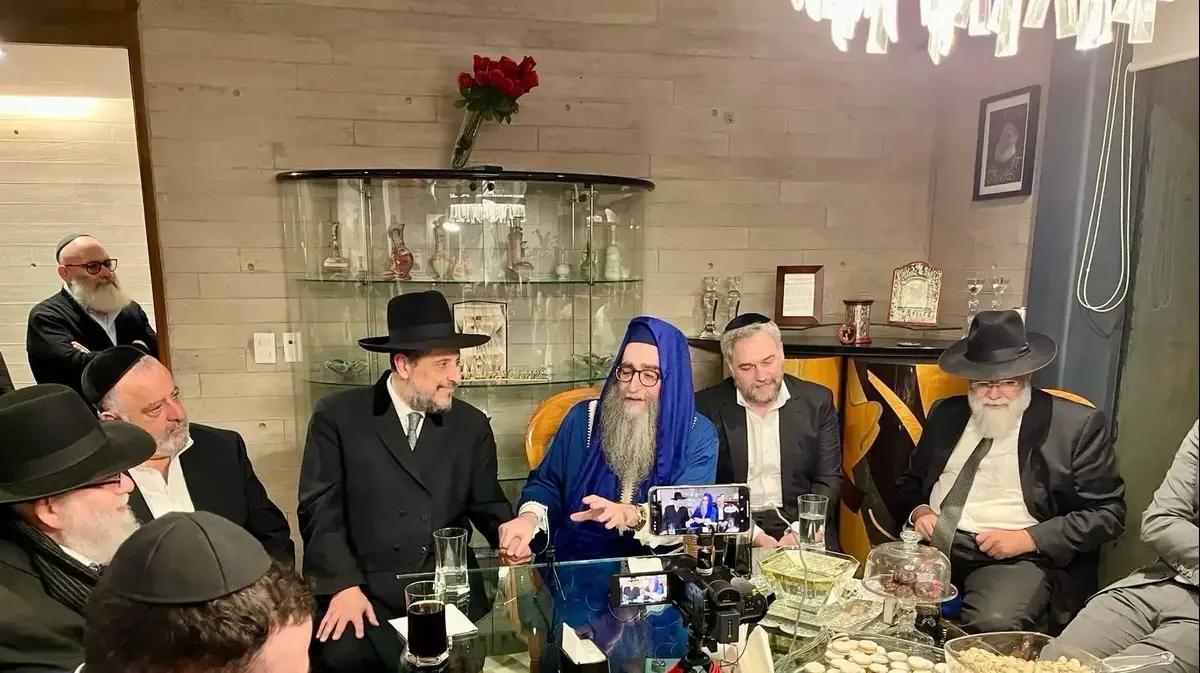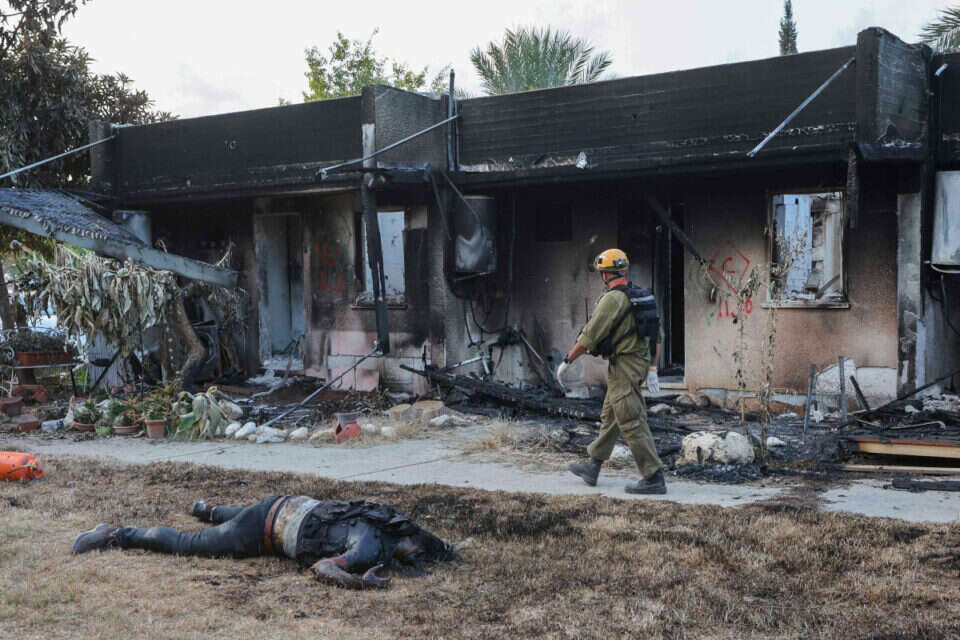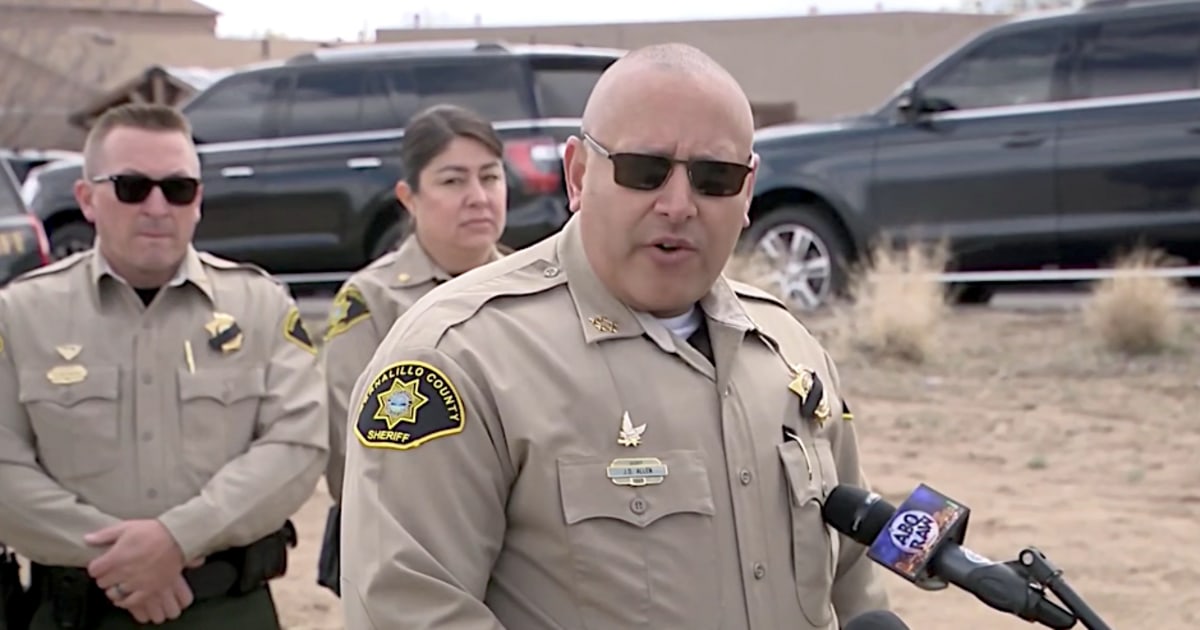- Click to share on Facebook (Opens in a new window)
- Click to share on Twitter (Opens in a new window)
- Click here to share on LinkedIn (Opens in a new window)
- Click to email a friend (Opens in a new window)
(CNN) - Everything happened so suddenly that I didn't have time to react. It was a loud outburst, followed by screams and shock. Then panic. Mothers shouted for their children and children cried for their mothers. And there I was in the middle of the chaos: scared, confused and unable to move. What else could a seven year old boy do?
It was the first time I heard a shot and, from my position, standing in the middle of the dance floor, I could also see the revolver.
Did he intend to shoot the cowboy-looking man who held the gun? I never knew. My parents had located me and we were already heading to the exit. The party was over. I still remember the broken tiles on the floor where he hit the bullet. My sense of security also shattered forever, although no one was injured.
Growing up in northwestern Mexico, where the Sonoran Desert meets the Sierra Madre, the weapons were never too far away. It is a vast and sparsely populated land of cattle ranches and copper mines, just south of Arizona and New Mexico, where law enforcement has historically never been a priority for Mexico's central government. Mexico City is very far, both geographically and ideologically. Local weapons remained out of sight, but everyone knew they were there.
Only occasionally did we see the large communities of Mennonite and Mormon sects that had established communities in the states of Chihuahua and Sonora. Mennonites, in particular, were known to periodically visit the surrounding villages, but only to sell some of their products, especially cheese. They were mostly hidden: the authorities (and criminals) barely noticed their existence.
This week's slaughter of three Mormon women and six children in the Sonora-Chihuahua border is very important. Not only because that is the region where I grew up, but also because, despite the presence of weapons, I never saw this level of violence and horror.
When I was a child in that area, few people felt the need to close their doors. The local police were not much more than glorified traffic policemen, but that was all we needed. Fatal car accidents on the winding and treacherous roads of Sonora and Chihuahua were common, but murders were rare.
I would find out later that it was a false sense of security; that populations in northwestern Mexico lived a lie. The lack of violence did not mean lack of crime, only the absence of conflict. Decades later, I returned my attention to northwestern Mexico as a journalist, and learned that the entire region had been controlled from the beginning by what the US police call "TOCS": transnational criminal organizations.
As the demand for drugs in the United States grew, so did the power of criminal organizations. Over time, drug shipments of several tons began to move north. Cash and increasingly powerful weapons went south. At first, the change was so slow that few people noticed. And then, in December 2006, shortly after taking office, Mexican President Felipe Calderón declared war on drug cartels, telling the military in Mexico City that it was “a battle we must fight " "All united Mexicans will prevail over crime," he said.
Many Mexicans saw the ad in a positive light. Finally, the government would assume responsibility for security throughout the country, many said. No one expected criminal organizations to react the way they did: while drug lords were hunted one after another, their lieutenants fought each other for power inside the cartels. That fragmentation resulted in more violence and, increasingly, the cartels began to spread to other crimes such as extortion, fuel theft and kidnapping.
In 2009, Eric LeBarón, 16, a member of a Mormon community in the region called Colonia LeBarón, was kidnapped. He was returned unharmed a week later, but the family was shaken. His older brother Benjamin became an anti-crime activist, gaining national fame. Two months later, Benjamin, 32, and his brother-in-law Luis Widmar Stubbs, 29, were beaten and shot dead after gunmen raided his home in Chihuahua.
Covering Mexico over the years, I noticed the gradual fall in security. It began with shootings, then a wave of women killed in Ciudad Juárez, the Mexican city that borders El Paso, Texas. Then, Mexico watched with horror as human remains and decapitated bodies began to appear in public places, hanging from bridges and overpasses, even thrown to a dance floor in Michoacán.
I traveled back to Chihuahua in 2012 to find the Mexican relatives of the then presidential candidate Mitt Romney. In the rolling hills of northwest Chihuahua, about 180 miles (289 kilometers) south of the U.S. border, we find several Romneys, whose family has called Mexico their home since 1885. Kelly Romney, Mitt Romney's second cousin He showed me his peaceful and orderly community, surrounded by apple and peach orchards.
The community seemed to be far from the relatively nearby Ciudad Juarez, where homicides had averaged 8.5 per day, just two years earlier. Romney spoke to me in Spanish, with a typical accent from northern Mexico. Then he switched to American English with a slight touch of Texas, the same accent I heard this week when I spoke with Dinorah Liddiard.
Liddiard, former president of Colonia LeBarón, one of the Mormon communities in Chihuahua, is the aunt of the five children who died, Dawna Langford's sister-in-law and also a relative of Rhonita Miller, another victim. “For me, the hardest thing is to see how things that happened to my family happen again before,” said Liddiard, recalling the 2009 murders. “I am sad and I feel helpless. This is very painful. ”
But it was the words of another heartbroken family member that seemed an echo of the past. "We have never been involved and have tried to avoid 'living by the sword, dying by the sword,'" Kenneth Miller told CNN regarding Monday's attack.
“We have never been involved in traffic, drug trafficking, that's all. We have tried to avoid it and live a private and quiet life, ”he said.
I have heard the same words many times. Not from people I interviewed as a journalist, but from close friends and members of my own family, who feel that in this part of Mexico it is becoming impossible to "live a private and peaceful life."
LeBarón family


/cloudfront-eu-central-1.images.arcpublishing.com/prisa/EJNVOWXNONDYDIXFYKNSPI2P4Y.jpg)





